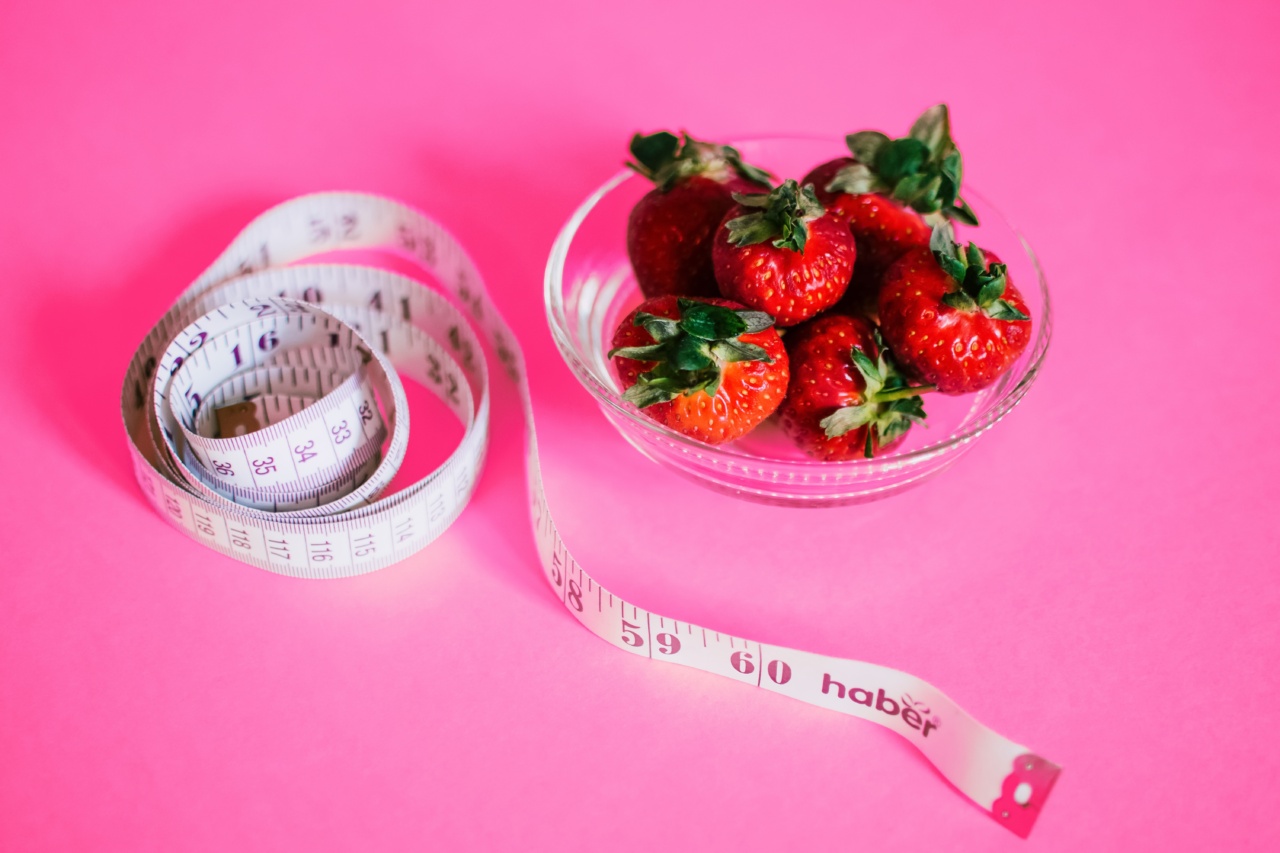Every bride wants to look and feel her best on her wedding day. And one key aspect of achieving this is following a healthy diet. A proper diet not only helps you shed those extra pounds, but also ensures that you have ample energy and glowing skin.
So, here’s a guide to the perfect diet for a fit and healthy bride.
1. Start with a Good Breakfast
They say that breakfast is the most important meal of the day, and they couldn’t be more right. Starting your day with a nutritious breakfast kickstarts your metabolism and provides you with the energy you need for the day ahead.
Include foods like whole grains, eggs, fruits, and yogurt in your breakfast to stay full and satisfied until lunchtime.
2. Incorporate Lean Protein
Protein is essential for building and repairing tissues, and it also helps to keep you full for longer. Include lean sources of protein, such as chicken, fish, tofu, and legumes, in your diet.
These foods not only provide you with the necessary nutrients but also aid in maintaining a healthy weight.
3. Load up on Fruits and Vegetables
Fruits and vegetables are packed with essential vitamins, minerals, and antioxidants. They not only aid in weight loss but also promote healthy skin.
Aim to include a variety of colorful fruits and vegetables in your diet to ensure that you’re getting a wide range of nutrients.
4. Choose Healthy Fats
Fat is often considered the enemy of weight loss, but not all fats are created equal. Opt for healthy fats, such as avocados, nuts, seeds, and olive oil.
These fats provide you with energy, support cell growth, and aid in the absorption of essential nutrients.
5. Stay Hydrated
Drinking enough water is vital for overall health and well-being. It helps to flush out toxins, improves digestion, and keeps your skin hydrated and glowing. Make sure to drink at least eight glasses of water a day.
You can also include other hydrating beverages like herbal teas and infused water for variety.
6. Limit Processed Foods
Processed foods are often high in calories, unhealthy fats, and added sugars. They offer little to no nutritional value and can sabotage your efforts to achieve a fit and healthy body.
Instead, focus on whole, natural foods that provide nourishment and support your health goals.
7. Practice Portion Control
Even healthy foods can lead to weight gain if consumed in large quantities. Practice portion control by using smaller plates, listening to your body’s hunger cues, and avoiding mindless snacking.
Remember, the key is to eat until you’re satisfied, not until you’re stuffed.
8. Plan and Prepare Meals
Planning and preparing your meals ahead of time can help you stay on track with your diet. This way, you’re less likely to reach for unhealthy options when hunger strikes.
Take some time each week to plan your meals, create a shopping list, and batch cook or meal prep for the week ahead.
9. Don’t Skip Snacks
Snacking can be a healthy part of your diet, as long as you make mindful choices. Opt for nutrient-dense snacks, such as Greek yogurt, hummus, veggies, or a handful of nuts. These snacks help curb your hunger and prevent overeating during main meals.
10. Practice Mindful Eating
Mindful eating involves paying attention to your body’s hunger and fullness cues, eating slowly, and savoring each bite. It helps you develop a healthy relationship with food and prevents overeating.
Avoid distractions like TV or smartphone while eating and focus on enjoying the flavors and textures of your meals.


























